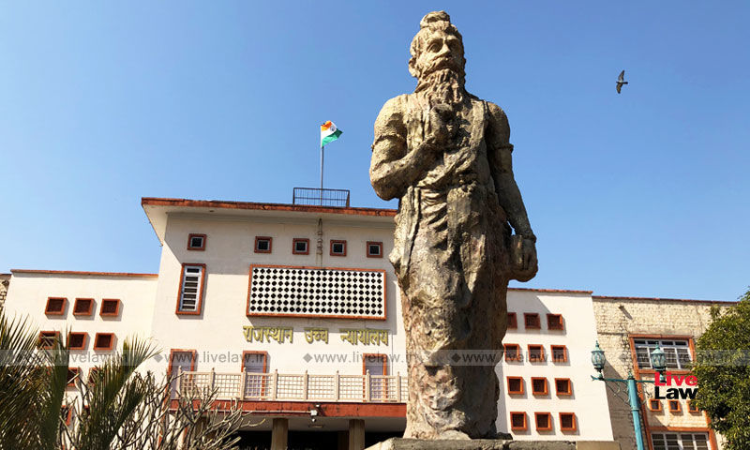The Rajasthan High Court on Friday set aside the appointment of Dr Dev Swaroop as Vice-Chancellor of Dr. Bhimrao Ambedkar Law University, Jaipur on the ground that he has no background of academic qualifications and work experience in the field of legal education.While quashing the appointment order of February 2022, the division bench of Chief Justice (Acting) Manindra Mohan Shrivastava...

